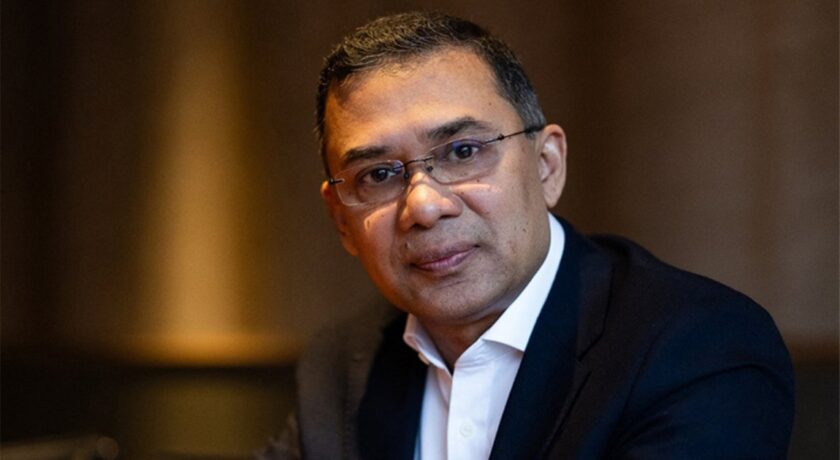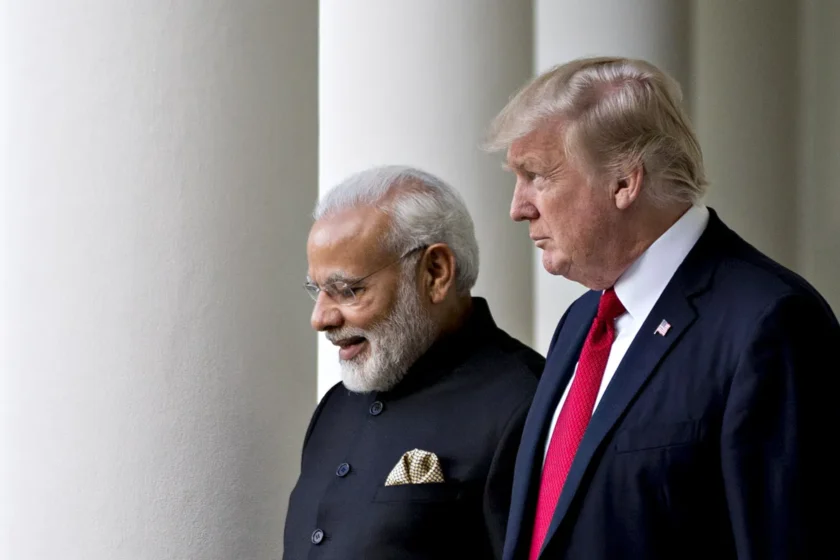Tel Aviv: After nearly six weeks of ceasefire, hostilities have resumed between Israel and Hamas. During the ceasefire period, Israel released hundreds of Palestinian prisoners, while Hamas freed around 150 hostages who had been abducted during the deadly October 7, 2023, attack. However, reports indicate that Hamas is still holding around 60 hostages. With no agreement reached on extending the ceasefire, Israel has intensified its attacks on Gaza over the past few days, resulting in the deaths of approximately 500 people.
On Sunday alone, Israel conducted multiple airstrikes on Gaza, killing 51 people. Among the casualties was Ismail Barhoum, a member of Hamas’s political wing, who was receiving treatment at Nasser Hospital in Khan Younis when the attack took place. Additionally, Israeli strikes in Lebanon resulted in the deaths of eight people. However, Hezbollah, the militant group active in Lebanon, has denied reports of an Israeli attack. After nearly a year and a half of fighting exclusively against Hamas, Israel has also begun targeting Hezbollah over the past four months.
Israeli Troop Deployment in Gaza
Israel is now preparing to send more troops into Gaza. The government, led by Prime Minister Benjamin Netanyahu, has approved the deployment of additional forces, and a significant military presence is expected in the coming days. During the ceasefire, Israel had reduced its troop numbers in Gaza.
Gaza’s Health Ministry claims that the death toll from Israeli attacks has now surpassed 50,000, though experts believe the actual number could be much higher as many bodies remain unaccounted for.

Rising U.S. Involvement in the Middle East
Meanwhile, the U.S. has increased its military activity in the Middle East, launching fresh strikes on the Houthi rebel group in Yemen. The Houthis have been targeting ships in the Gulf of Aden in an attempt to pressure Israel into halting its offensive. However, with the U.S. stepping in, tensions in the region have escalated.
Iran-backed groups—Hamas, Hezbollah, and the Houthis—are known for their strong anti-Israel stance and play a key role in advancing Iran’s strategic interests in the Middle East. With no diplomatic resolution in sight, the conflict continues to intensify, raising concerns about further instability in the region.









